Full Building Surveys - Budgeting Repairs and Restoration
The team of chartered building surveyors specialise in delivering a property inspection service tailor-made for you and your individual full structural survey requirements. One area we look at is house renovation budgeting, learn more below.
Why Budgeting for Building Repairs is important?
Building repairs are crucial for maintenance, safety, cost management, asset protection, tenant satisfaction, and the prevention of emergency situations. By allocating funds specifically for repairs, you can address issues promptly. There are many reasons why having a well-thought-out house renovation budget in place. These include:
Maintenance and Preservation: Buildings require regular maintenance to preserve their condition and extend their lifespan. By budgeting for repairs, you can address minor issues promptly before they escalate into major problems.
Safety and Compliance: Buildings must meet safety standards and comply with building codes and regulations. By budgeting for repairs, you can address any safety concerns promptly, reducing the risk of accidents or legal issues.
Cost Management: Budgeting allows you to allocate funds specifically for building repairs. By planning ahead, you can manage your finances effectively and avoid unexpected financial strain should there be any issues.
Asset Protection: Neglecting necessary repairs can lead to the deterioration of the building’s structure, aesthetics, and functionality, meaning its value. By having a repair budget can safeguard your investment and maintain the market value.
Tenant Satisfaction: A well-maintained building creates a positive impression for tenants and helps retain them, so by budgeting for repairs, you can ensure a healthy and productive environment.
Avoidance of Emergency Situations: Neglecting building repairs can result in unexpected emergencies that require immediate attention and often incur higher costs for emergency works.


How to prioritise your repairs and restoration projects?
Prioritizing building repairs and restoration projects involves considering several factors to ensure effective resource allocation. Here are some steps to help you prioritize:
- Conduct a Comprehensive Assessment to identify the repairs and restoration needed
- Prioritize repairs that address safety hazards and compliance issues.
- Assess the urgency and impact of each repair required
- Assess the budget available for repairs and restoration and allocate funds to projects based on their priority, urgency, and estimated costs.
- Seek Expert Advice to help you make informed decisions and prioritize effectively.
- Involve Stakeholders such as tenants or occupants considering their needs and concerns.
- Develop a Timeline for your property repairs and restoration

How to Create a Building Repair Breakdown/plan?
Creating a building repair breakdown involves breaking down the repair and restoration projects into specific tasks and subtasks. This breakdown helps in understanding the scope of work, estimating costs, and planning the execution.
Identify Repair Projects: Begin by listing all the repair projects that need to be addressed in the building.
Define Major Categories: Group the repair projects into major categories based on their nature or location. For example, you can have categories such as Structural Repairs, Electrical Upgrades, Plumbing Fixes or Exterior Restoration.
Break Down Categories into Tasks: Within each major category, break down the projects further into specific tasks. For example, under the category of Structural Repairs, tasks can include Foundation Repair.
Specify Subtasks: For each task, identify the subtasks required to complete the repair. For instance, under the task of Roof Repair, subtasks can include Roof Inspection and Shingle Replacement.
Define Deliverables: For each subtask, clearly define the deliverables or outcomes that need to be achieved.
Estimate Resources and Costs: Assess the resources required for each subtask and provide an estimate the time and cost associated with each subtask.
Determine Dependencies: Some repairs may require specific tasks to be completed before others can begin. Understanding these dependencies helps in planning workflow.
Create a Timeline: Use the breakdown to create a timeline for the repair projects.
Review and Refine: Once you have created the initial breakdown, review it to ensure completeness and accuracy.
How to Allow for Contingencies?
When planning for building repairs, it is crucial to allow for contingencies to accommodate unforeseen circumstances and unexpected costs. To incorporate contingencies effectively, assess the scope and complexity of the project, considering factors such as the building’s condition and known issues. Allocate a percentage-based contingency budget to the overall project cost, typically ranging from 5% to 15%.
Additionally, identifying specific areas that may require additional contingencies based on potential challenges or risks. Engage with contractors and experts to gain insights and collaborate on estimating contingencies. Develop a risk management plan, regularly monitor the project’s progress, and communicate openly with stakeholders. By accounting for contingencies, you can mitigate risks, manage unexpected events, and ensure a smoother building repair process.
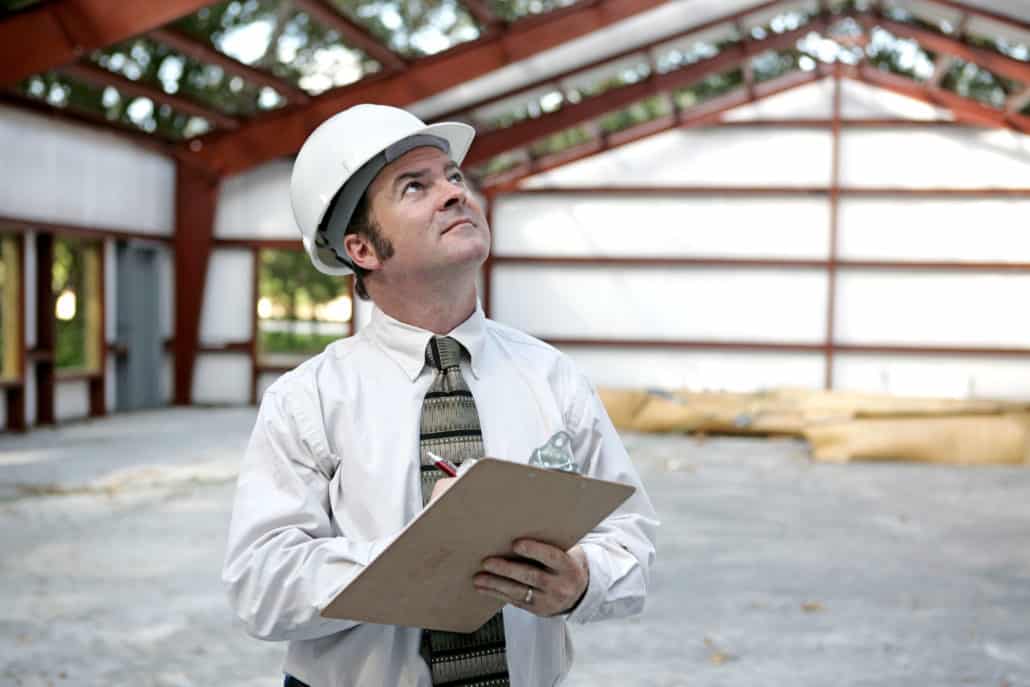
Why Choose The Building Inspection Service?
When using the building inspection services, there are a number of things you can expect, including:
- Widely Recognised
- Extensive internal training and skill sharing
- High Levels of Professionalism
- Reliable & Communicative
- Extremely Knowledgeable
- Members of Several Awarding Bodies
- Happy Clients & Positive Reviews
- Located Near You
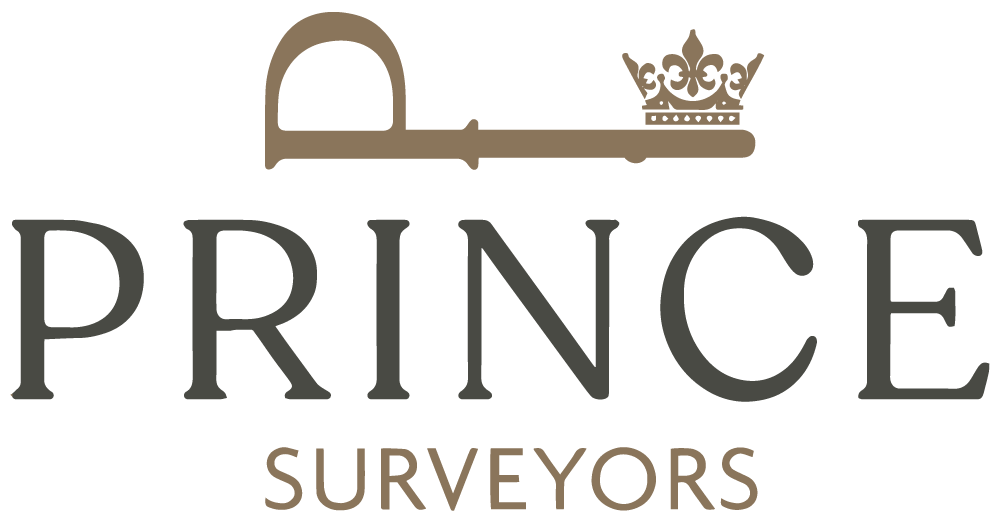
Professional Standards
Our panel of experts are regulated by the following regulatory bodies including but not limited to: the Royal Institution of Chartered Surveyors (RICS), The Property Ombudsman (TPO), Society of Operations Engineers (SOE), Chartered Association of Building Engineers (CABE), Faculty of Party Wall Surveyors (FPWS), the International Real Estate Federation (FIABCI) and the Chartered Institute of Building (CIOB).

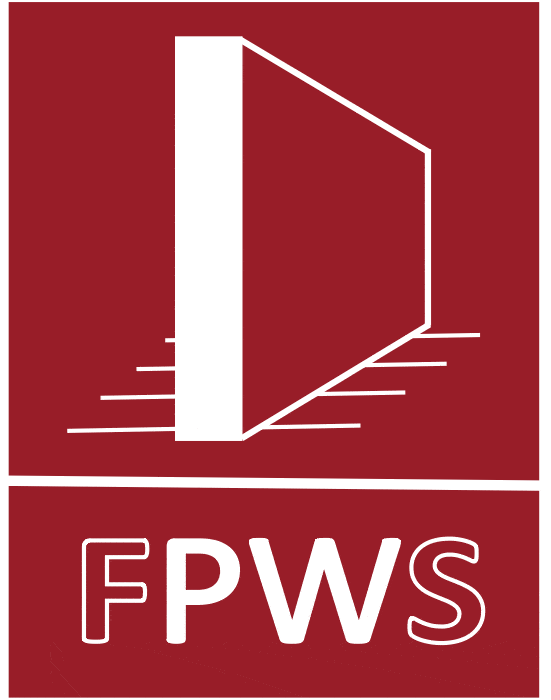

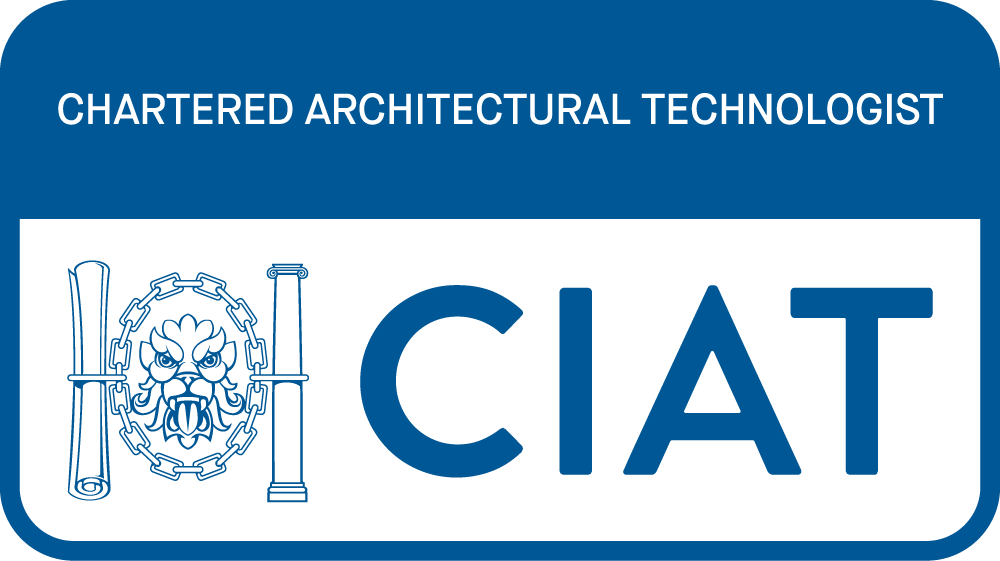



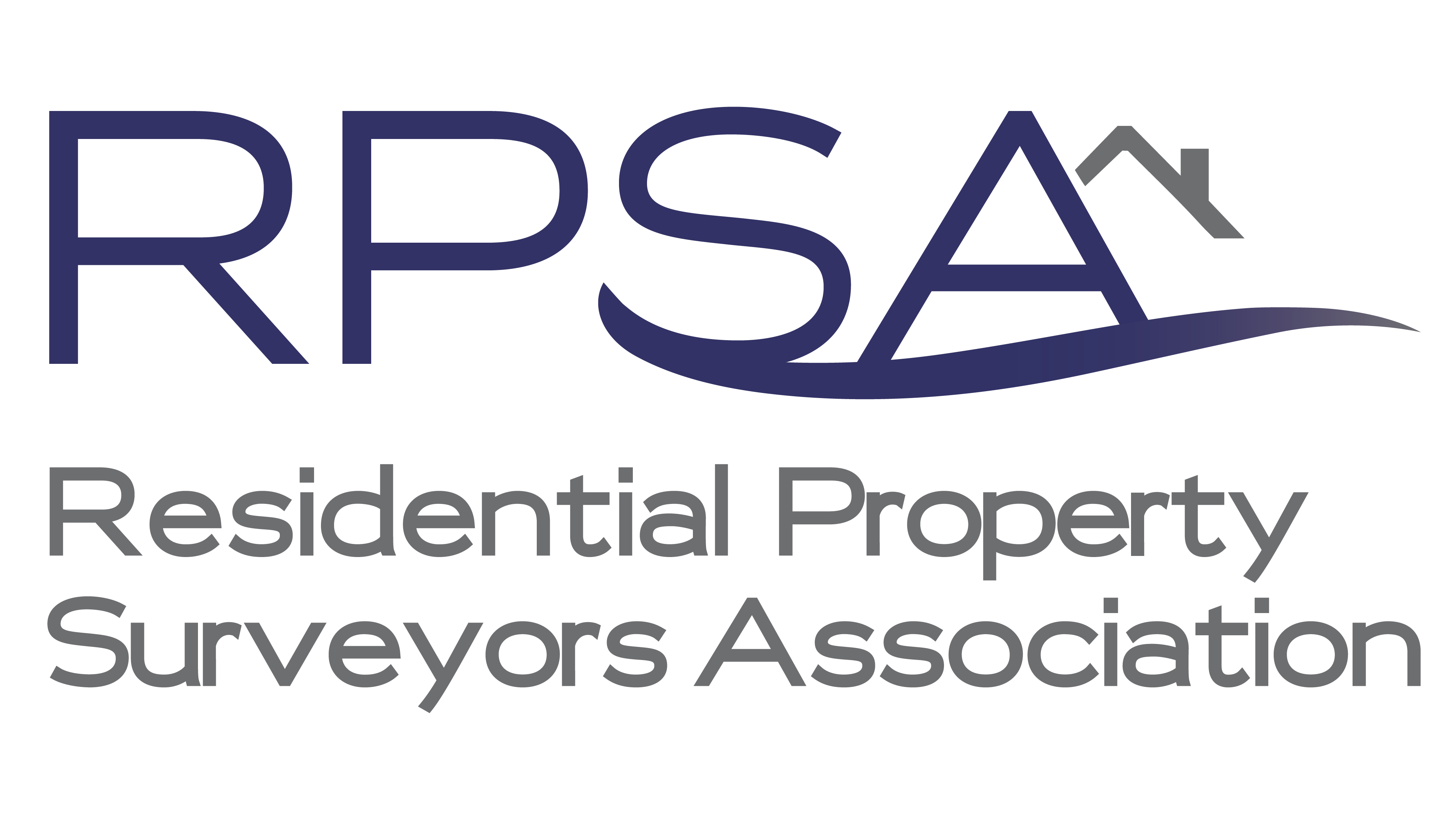
Get in Touch
If you are interested in our house renovation budget management service is second to none. Speak to a property renovation budget expert for a quote or if you have general queries about the building project management services then please get in touch.
